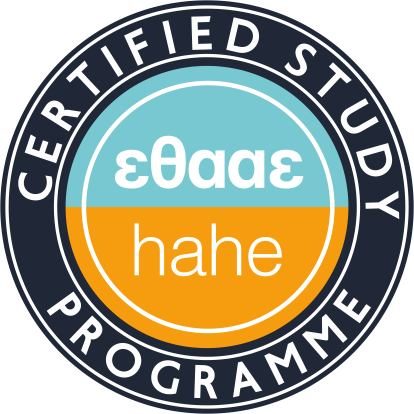
Stavrros Katsanevas Professor Universite Paris VII and deputy scientific director of IN2P3/CNRS
Περίληψη:
The last twenty years have seen the emergence of an interdisciplinary domain at the border of astrophysics, particle physics and cosmology, named astroparticle physics. Many general formulae have been used to define it, ranging from the most general: ?convergence of the study of the infinitely large (the Universe) with this of the infinitely small (subatomic particles)? to the instrumental ?the study of astrophysics questions with particle physics detectors and particle physics with astrophysical instruments?.
Lately it is also customary to define it based on a set of questions: ?What is the Universe made of? Do protons have a finite lifetime? What are the properties of neutrinos? What is their role in the cosmic evolution? What can they tell us about the interior of the Sun and Supernova explosions? What is the origin of the cosmic rays? What is the view of the sky at extreme energies? What is the nature of gravity? Can we detect gravitational waves? What will they tell us about violent cosmic processes??
I will, on my side, attempt to define the field by reviewing the experimental program that addresses these questions and also present recent results of a series of large experiments deployed in the desert, the poles, in underground and underwater laboratories and in space.
My hope is to communicate the excitement of this rapidly developing field and describe briefly what could be called the two new Copernican revolutions of our era: the fact that the known matter, out of which stars and people are made of, forms only 4% of the energy and mass density of the Universe and the fact that there are many cosmic messengers beyond visible light, namely: high energy photons, charged particles, neutrinos and gravitational waves. I also hope to show in what way the two themes, this of the cosmic messengers with the one concerning the unknown content of the Universe, are related .
The seminar will be in Greek language.
Lately it is also customary to define it based on a set of questions: ?What is the Universe made of? Do protons have a finite lifetime? What are the properties of neutrinos? What is their role in the cosmic evolution? What can they tell us about the interior of the Sun and Supernova explosions? What is the origin of the cosmic rays? What is the view of the sky at extreme energies? What is the nature of gravity? Can we detect gravitational waves? What will they tell us about violent cosmic processes??
I will, on my side, attempt to define the field by reviewing the experimental program that addresses these questions and also present recent results of a series of large experiments deployed in the desert, the poles, in underground and underwater laboratories and in space.
My hope is to communicate the excitement of this rapidly developing field and describe briefly what could be called the two new Copernican revolutions of our era: the fact that the known matter, out of which stars and people are made of, forms only 4% of the energy and mass density of the Universe and the fact that there are many cosmic messengers beyond visible light, namely: high energy photons, charged particles, neutrinos and gravitational waves. I also hope to show in what way the two themes, this of the cosmic messengers with the one concerning the unknown content of the Universe, are related .
The seminar will be in Greek language.


